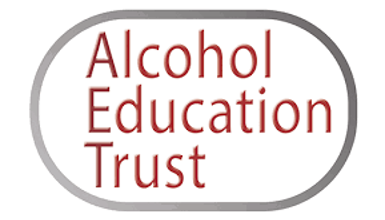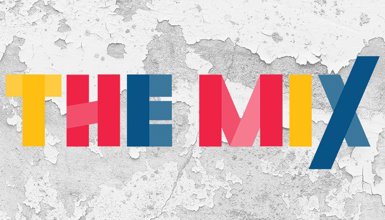Drugs & Alcohol
Young people need to make well-informed and safe choices around their decisions regarding alcohol and drug use.
It is important that they have a clear understanding of risks, not only to their physical health, but also to their mental wellbeing. Although rates of smoking and alcohol use by young people have declined in recent years, an NHS survey of young people aged 11 to 15 found that:
- 5% of students are smokers
- 22% of 15-year olds had been drunk in the last week
- 9% of students reported they had taken drugs in the last week
While some amount of experimentation with substances is normal for young people, excessive use can cause physical and mental health issues.
How do drugs and alcohol affect children and young people’s mental health?
Many young people will drink alcohol or take substances with no long-lasting effects. Young people may enjoy the feelings of confidence, energy or relaxation that drugs and alcohol can bring, or it may be part of trying a new experience and fitting in socially.
However, for some young people, drugs or alcohol can be a form of self-medication or coping mechanism. Young people may view substances as a means of managing difficult or painful feelings – for example, arising from early traumatic experiences, loneliness, family breakdown or difficulties engaging with school.
However, drugs and alcohol can make difficult feelings more painful, and can make existing mental health conditions worse. For example, as the effects of alcohol or drugs wear off, difficult feelings may feel more intense and painful. Drugs and alcohol could also interfere with existing prescribed medications.
Young people may experience peer pressure to engage in drug taking or drinking, to fit in as part of a social group. Substance use can affect young people’s judgment leading to risky behaviours, putting an already vulnerable young person in greater danger.
Addiction to substances is also a risk. If a young person becomes addicted to alcohol or drugs, their focus moves to feeding their habits, rather than engaging with learning or socialising.
Identifying the signs
While this is not an exhaustive list, there are some signs you can look out for that may indicate a problem with alcohol or drugs:
- Change in school performance
- Persistent lateness
- Mood swings
- Being absent from lessons or school
- Smelling of alcohol or cannabis
- Restlessness or tiredness
- Becoming more secretive, distancing themselves from friendship groups
- Reports of money disappearing from home or friends
- Lack of care in appearance
If you are at all concerned about a child or young person, you should always speak to the designated safeguarding lead as a matter of priority. They will be able to advise on suitable next steps, and speaking to them about any concerns should always be the first action you take, ahead of any of the suggestions on this page.
There are many other ways that the school can help children and young people navigate experiences with alcohol and drugs, including:
- The school has a clear school policy regarding the use of drugs and alcohol
- Ensuring there is high quality drug and alcohol education for all students from a young age, making use of specialists where available to talk confidently about local issues. through assemblies and our curriculum for Life Programme
- Providing high quality training for staff so that they are able to give informed advice and guidance
- We regularly liaise with the Police and other local agencies to look at local issues relating to drugs and alochol
- Staff can provide support and places of safety for vulnerable students, especially where there is drug or alcohol misuse in the family
- helping young people develop a sense of attachment to school and view it as a place of acceptance, so that they can voice their worries about their own personal choices, their friends and those in their family
Further support and information

Talk to Frank
Useful information for young people on all known drugs, offering support and guidance and a helpline on 0300 1236600 or via text on 82111.

Alcohol Education Trust
Support and guidance for schools and parents.

The Mix
Expert advice and true stories about alcohol and drugs for KS3, 4 and 5.
Drink Aware
Provide support, information and advice about the impact of alcohol on you, your family or friends.
Free webchat service available (hours vary).
Opening times:
9am - 8pm, Monday - Friday; 11am - 4pm, weekends
Concerned about a child or young person?
If you are worried that a child or young person is at risk, involve your designated safeguarding lead as a matter of priority who will contact the parents/carers and other services as necessary. If the child or young person is at immediate risk, ensure that they are taken to their GP or A&E as a matter of urgency, depending on the severity of the concern.

